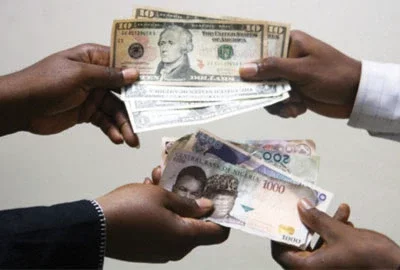
According to report, In January 2025, Nigeria's exchange rate saw a significant appreciation, gaining N63.72 against the US dollar to close at N1,474.78 per dollar on January 31, according to data from the FMDQ Securities Exchange Limited and the Central Bank of Nigeria (CBN). This marks a 4.14% increase, pushing the naira to its highest level in seven months, with the last time it traded near this value being June 11, 2024, when it stood at N1,473.88/$ in the official market.
The sharp rise in the naira's value is largely attributed to the policies implemented by the CBN, which have positively influenced market dynamics, contributing to the currency's strengthening. Authorized currency dealers quoted the dollar between N1,495.01/$ and N1,447.50/$ at the Nigerian Foreign Exchange Market (NFEM) during the month.
The naira began the year at N1,538.50/$ on January 2, 2025, and gained steadily throughout the month. By January 3, it had dipped slightly to N1,535.00, before hitting its peak for the month at N1,560/$ on January 16. However, from the third week of January, the naira started a consistent upward trend. It closed at N1,531/$ on January 24, N1,520/$ on January 28, N1,506/$ on January 29, and N1,493/$ on January 30, before reaching N1,474.78/$ on January 31.
Additionally, the naira appreciated in the parallel market, closing at N1,610/$ on Friday, up from N1,630/$ the previous day, reflecting a N20 increase in just one day. This movement aligns with the CBN's recent monetary and foreign exchange interventions aimed at stabilizing the currency and boosting market confidence.
A key factor contributing to the naira's appreciation is the introduction of the Electronic Foreign Exchange Matching System in December 2024. This system, using Bloomberg's BMatch platform, allows authorized dealers to place anonymous orders into a central limit order book, ensuring transparency and efficient price discovery. The platform has reduced market distortions and improved the CBN's oversight capabilities, making it easier to manage fluctuations in the exchange rate.
Another important development is the launch of the Nigeria Foreign Exchange Code on January 28, 2025. According to CBN Governor Olayemi Cardoso, "The FX Code marks a new era of compliance and accountability. It is not just a set of recommendations; this is an enforceable framework. Under the CBN Act 2007 and BOFIA Act 2020, violations will be met with penalties and administrative actions." The FX Code sets principles for ethical conduct, governance, risk management, and settlement processes among market participants, helping align Nigeria's forex operations with global best practices and boosting investor confidence.
At the close of 2024, the naira stood at N1,535.00/$ on December 31, after a tumultuous period in the forex market. However, early 2025 policy interventions helped stabilize the market, leading to significant gains for the currency throughout January. These efforts have improved transparency, reduced speculative activity, and allowed exchange rates to reflect actual market conditions.
Despite the naira's improvement, Nigeria's foreign exchange reserves experienced a notable decline in January 2025. The country's reserves fell by $1.11 billion, from $40.88 billion on January 2 to $39.77 billion by January 30, marking a 2.72% decrease. This decline follows ongoing CBN interventions in the forex market, as well as external debt servicing obligations and capital outflows.
The drop in reserves coincides with the naira's appreciation, indicating that the CBN may have used part of its foreign exchange reserves to stabilize the local currency and manage liquidity in the official market. At the beginning of January, reserves were above $40 billion, peaking at $40.96 billion on January 6. However, they started to decline in the second half of the month, falling below $40 billion by January 23 and reaching $39.77 billion by January 30.
This drop in reserves mirrors a similar trend observed in April 2024 when Nigeria's reserves plunged by $2.16 billion in just 29 days. At that time, CBN Governor Cardoso attributed the decline to debt servicing and financial obligations rather than interventions aimed at stabilizing the naira.
The current reduction in reserves highlights increased demand for foreign exchange and suggests that the CBN may continue to deploy its reserves to maintain exchange rate stability while managing Nigeria's financial obligations.

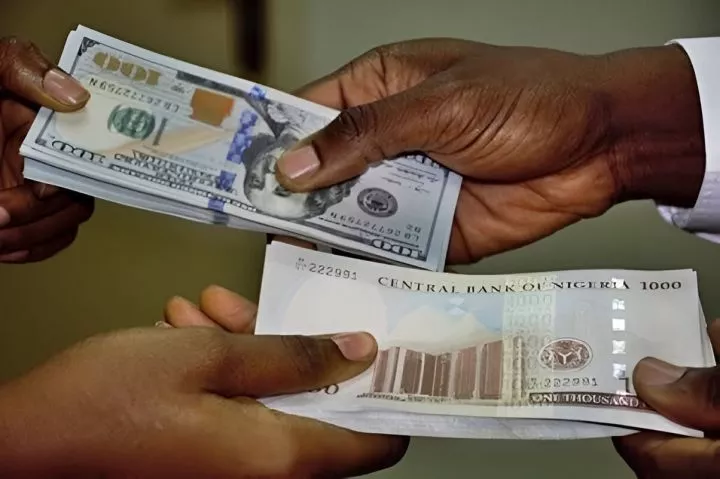
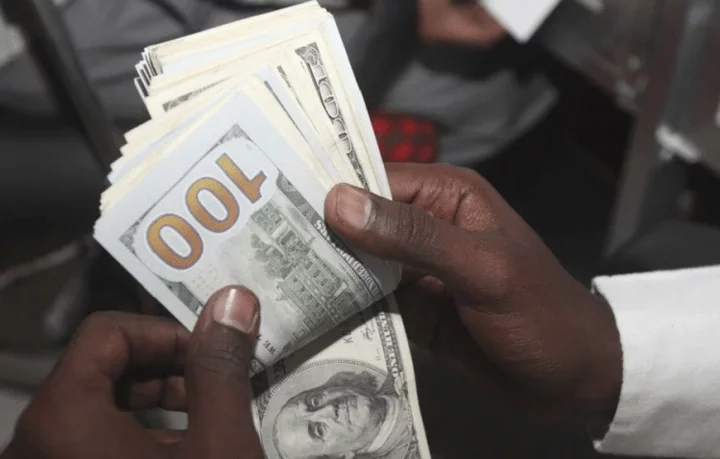
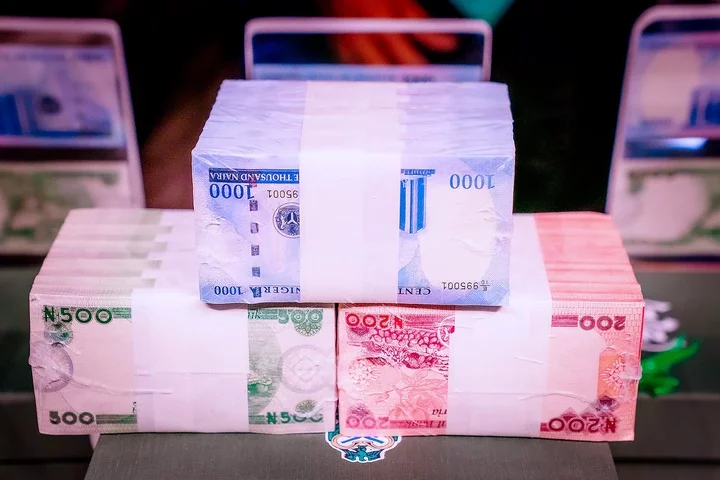
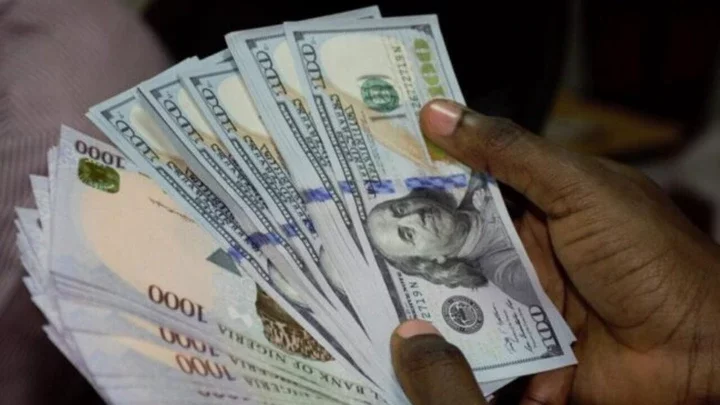


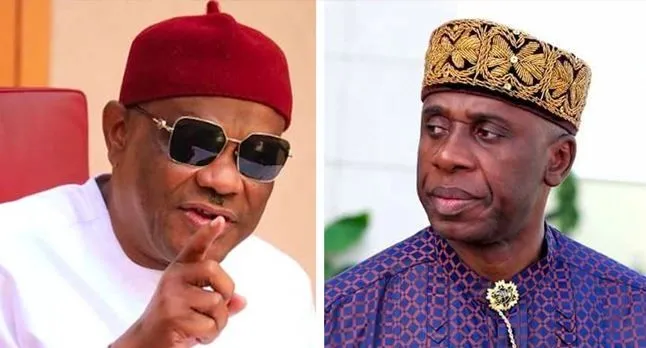









Comments